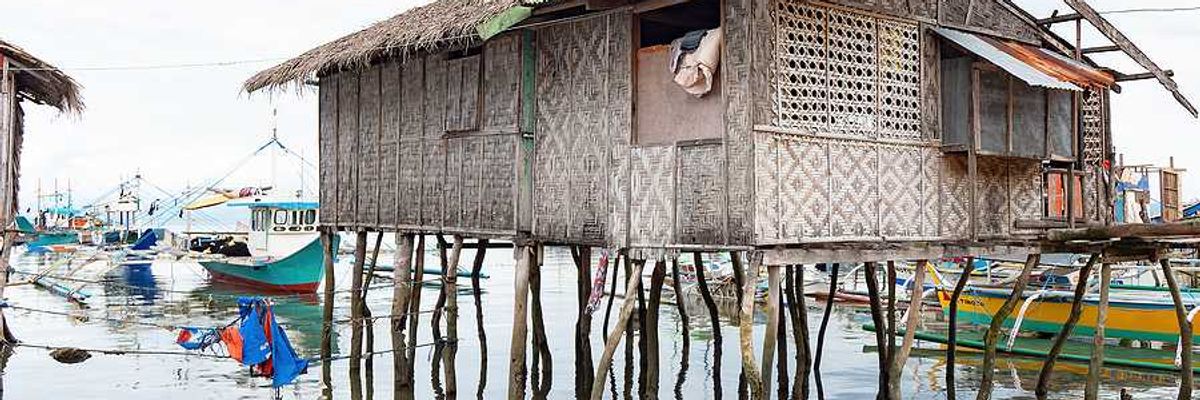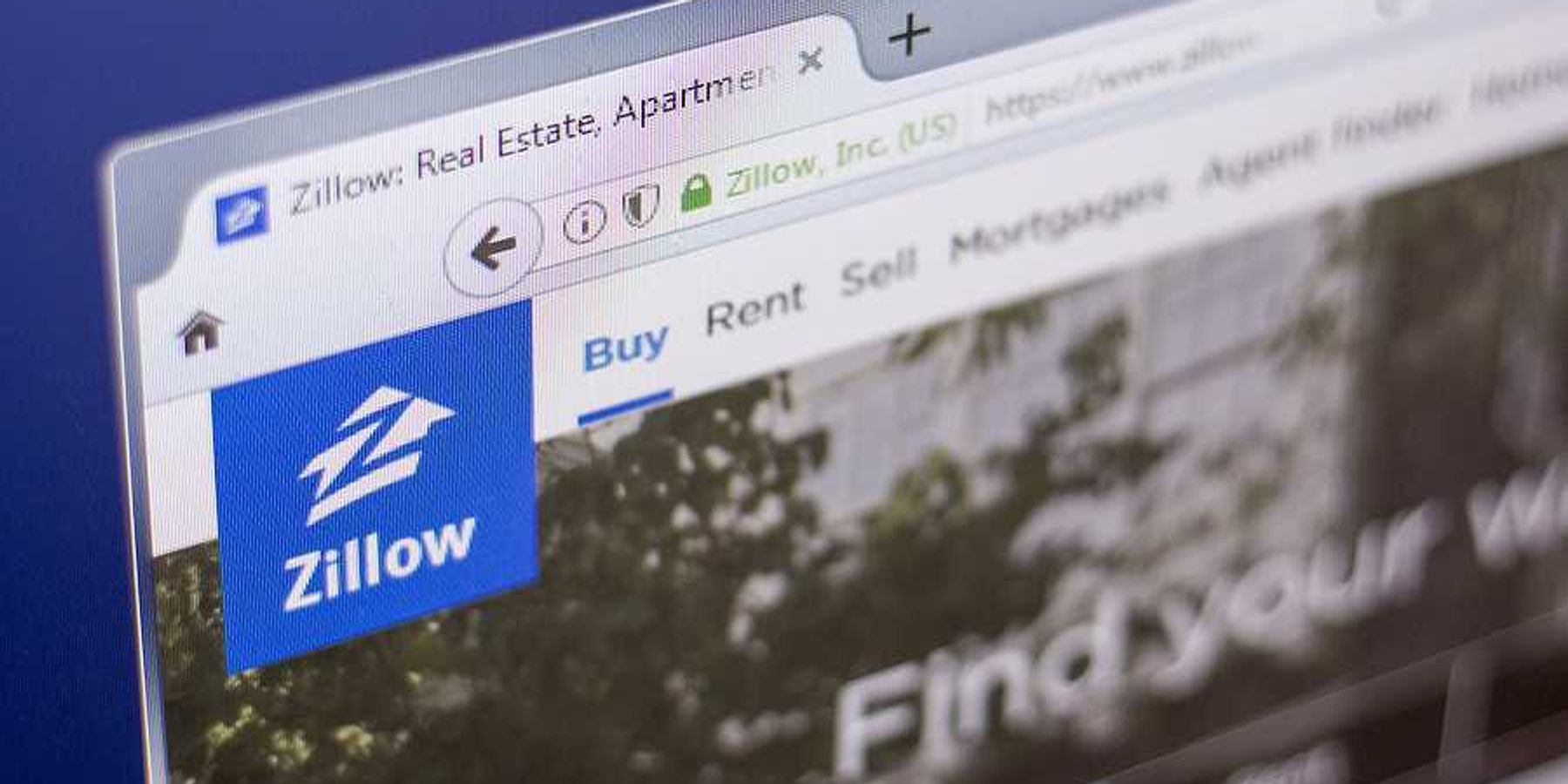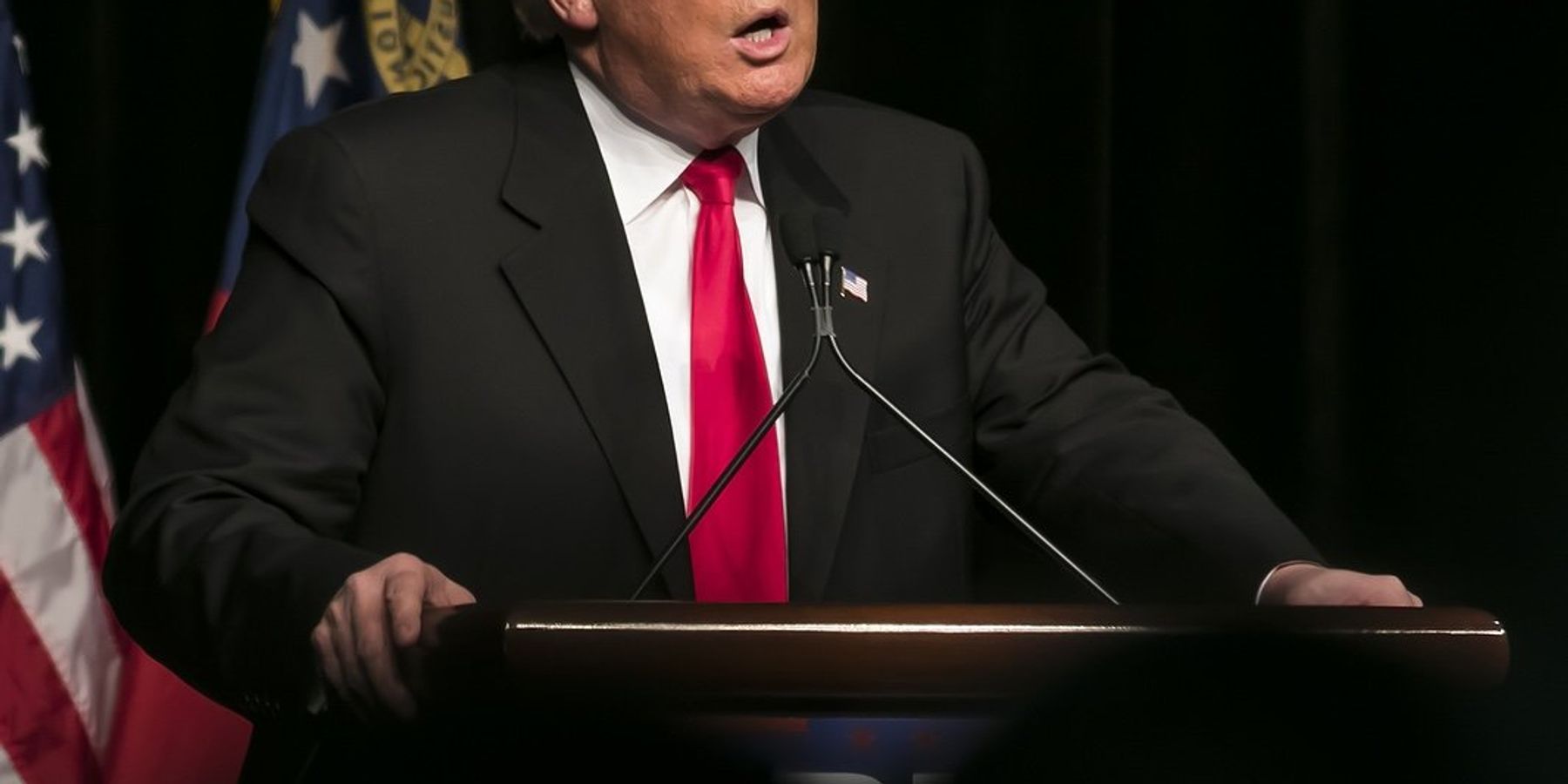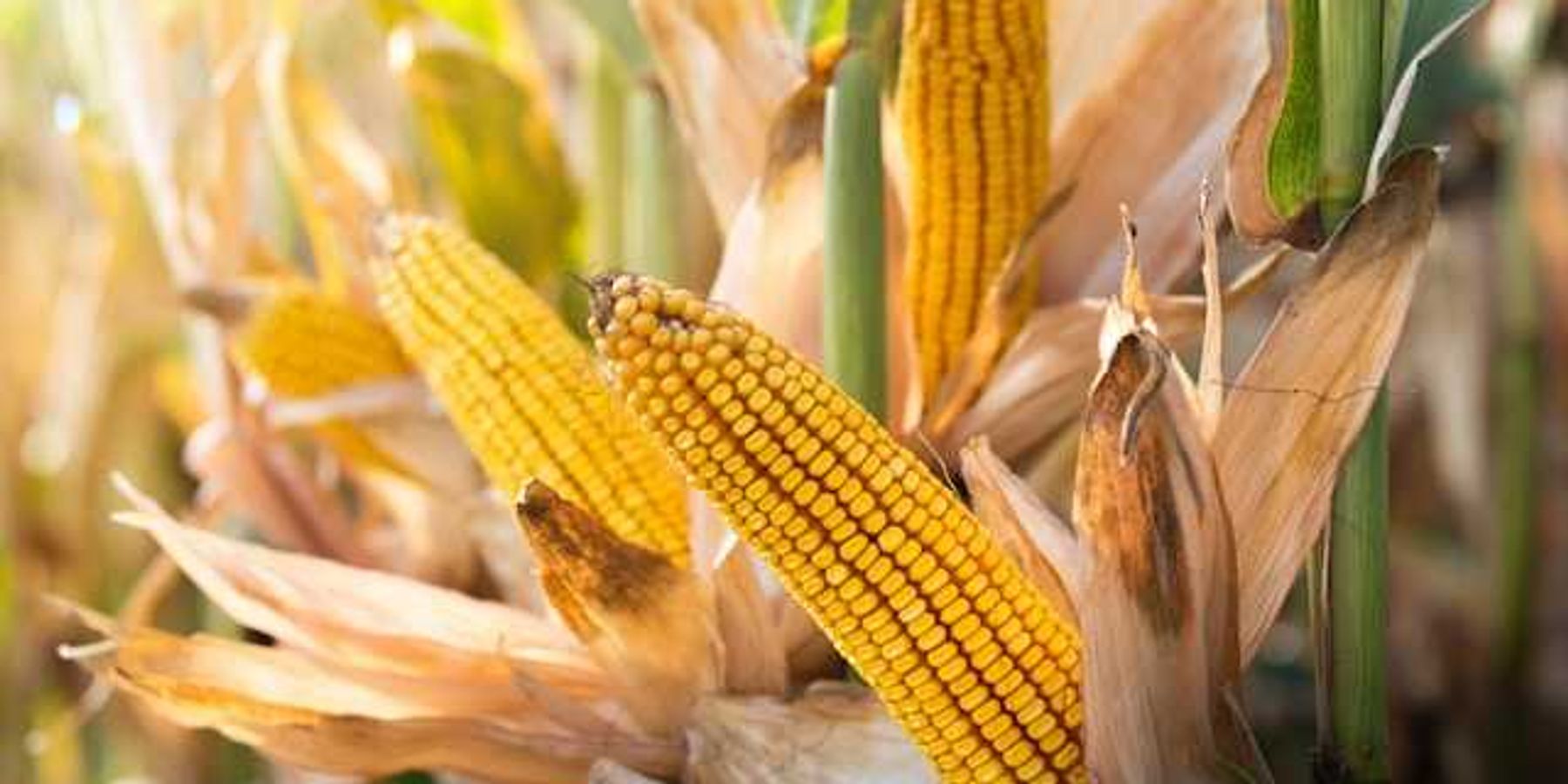blm
Federal judge halts Arizona lithium drilling amid tribal concerns
A federal judge temporarily stopped exploratory lithium drilling in Arizona after the Hualapai Tribe argued it would harm sacred lands.
In short:
- The Hualapai Tribe and environmental groups sued to stop drilling near sacred springs in northwestern Arizona.
- The tribe argues the Bureau of Land Management's approval violated laws protecting historic and cultural sites.
- A hearing on a longer-term injunction is scheduled for September 17 in Phoenix.
Key quote:
“Like other tribal nations who for centuries have stewarded the lands across this country, the Hualapai people are under siege by mining interests trying to make a buck off destroying their cultural heritage.”
— Laura Berglan, Earthjustice lawyer
Why this matters:
The case highlights the conflict between green energy initiatives and the preservation of Indigenous cultural sites, raising questions about the balance between environmental progress and respecting sacred lands.
Related:
Biden administration funds Colorado River basin drought resilience
The Biden administration is dedicating $11.1 million to improve drought resilience in the Colorado River basin through a partnership with the Foundation for America's Public Lands.
In short:
- The Bureau of Land Management and its partner will use Inflation Reduction Act funds for drought-related projects over five years.
- The projects aim to restore and protect water resources critical to 40 million people across multiple states.
- The Foundation for America's Public Lands will collaborate with local communities on these initiatives.
Key quote:
“Westerners rely on clean, cold water for everything from drinking to fishing to running businesses.”
— Tracy Stone-Manning, Director of the Bureau of Land Management
Why this matters:
The Colorado River basin, a lifeline for millions across the southwestern United States, has been severely impacted by prolonged droughts, driven in part by climate change. These funds are intended to support a variety of initiatives, including modernizing irrigation systems, restoring ecosystems, and enhancing groundwater recharge techniques. By implementing these measures, the administration hopes to ensure the long-term sustainability of water resources in the region.
Indigenous tribes advocate for co-management of sacred lands
Indigenous tribes in northern California seek greater decision-making power over sacred lands recently protected by a national monument expansion.
In short:
- The Yocha Dehe Wintun Nation and allies have successfully lobbied to include Molok Luyuk in the Berryessa Snow Mountain National Monument, protecting it from wind farm development.
- Tribes are negotiating a co-stewardship agreement with federal agencies, aiming for stronger management roles over Molok Luyuk, though full co-management requires congressional approval.
- True co-management, as seen in Bears Ears National Monument, grants tribes significant decision-making power, integrating traditional knowledge into federal land management.
Key quote:
“Co-management means decision-making authority. Co-stewardship means one entity still has the decision-making authority.”
— Melissa Hovey, Berryessa Snow Mountain National Monument manager.
Why this matters:
Empowering Indigenous tribes in land management enhances conservation efforts and acknowledges their traditional ecological knowledge while honoring sacred sites. Read more: Giving Bears Ears and Grand Staircase-Escalante the protection they deserve.
BLM plan aims to dramatically expand Western solar
The Bureau of Land Management proposes to add 5.4 million acres in five states that would be eligible for streamlined permitting of utility-scale solar.
'Conservation' proposal for SW Wyoming would limit large energy projects
BLM wants to protect the Placitas area from oil and gas extraction
U.S. Interior Secretary Deb Haaland wants to withdraw nearly 4,213 acres of public lands from oil and gas extraction for 50 years “to protect, preserve, and promote the scenic integrity, cultural importance, recreational values, and wildlife habitat connectivity within the Placitas area,” according to the six-page draft proposal.
Dona Upson: The government is this close to reining in some of the worst air pollution
As a doctor, my ability to help my patients is limited by the air they breathe. To prevent others from suffering not just in New Mexico, but in all the states, we need stronger standards to minimize the most dangerous types of pollution.









